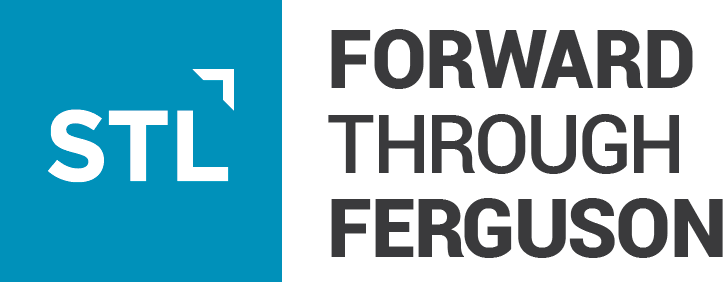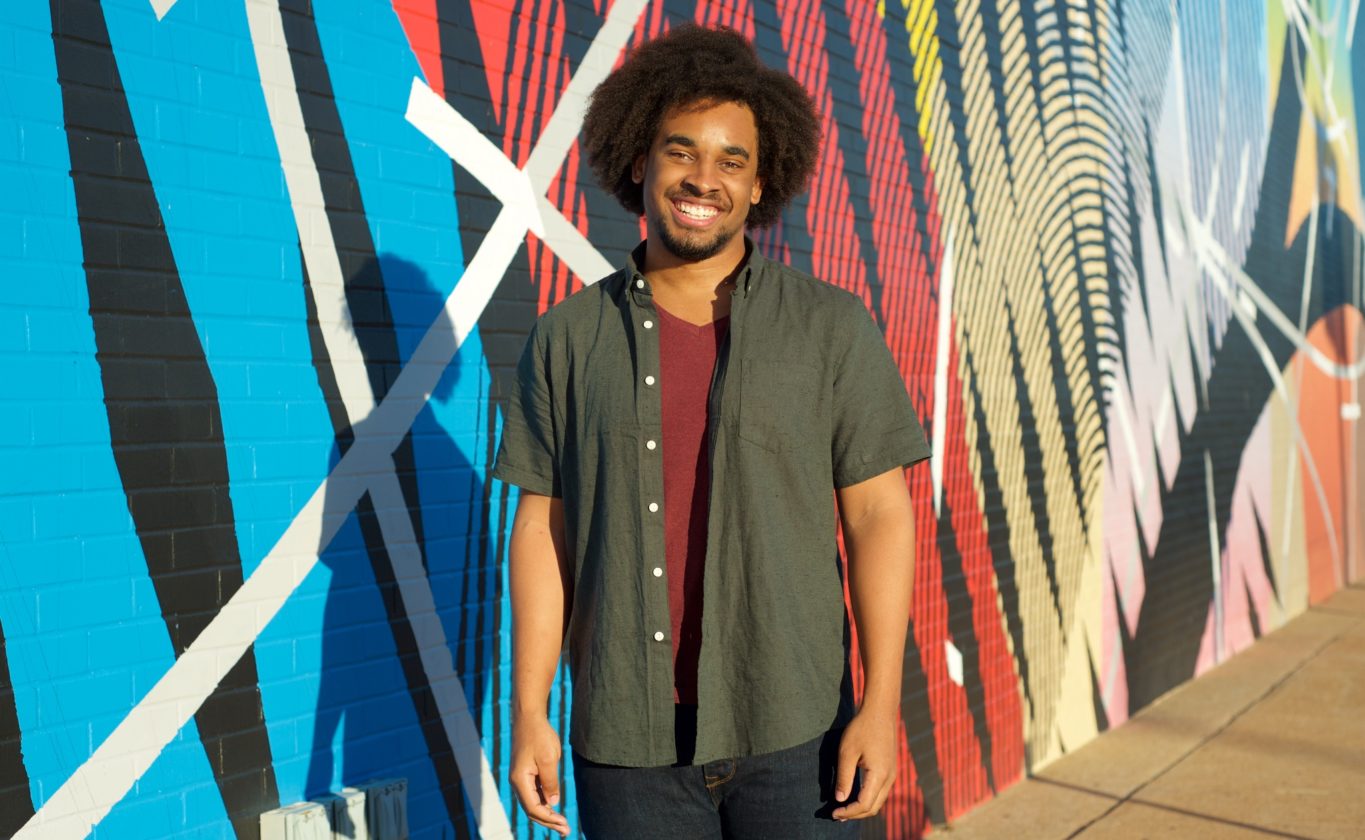February 16, 2017
As I was driving in with my dad to go back to school at Washington University, it was about a week after Mike Brown had been killed. So, of course, it was all over Facebook. As we got to school, a group of us started discussing it and sharing our thoughts. It was mostly people of color who came together and needed a space to talk. Then we heard about a national call that was asking for students to walk out of class, along with staff and faculty. So, we decided to. We had contacted some students at SLU who were also thinking about doing it, and we each did a walkout at the same time on the first day of classes. Over 300 students came. It was such a great showing. Even a few professors canceled their classes to do this silent march around campus. After that happened, we all got together and debriefed. We were like, “Hey, we should continue to do some kind of activism to make sure these conversations are still happening on campus.”
At that point, everything was still very raw in St. Louis. It was not quite yet the height of the protests, which were probably when the non-indictment came through, but it was in that period. So, we created an organization called St. Louis Students in Solidarity dedicated to advocacy on campus, talking about these issues, and leading protests and other actions. I was able to work with that group across the year, and that’s how I met Brittany Packnett who was a Ferguson Commissioner, and that was how I first learned about the Commission. There was an opportunity through the school with the Ferguson seed fund which, initially, was for research related to the issues surrounding Ferguson and the killing of Mike Brown. But they extended it and did a special deal with the Ferguson Commission in which it could also be used for internships. I applied and was then able to work with the Commission that summer. I had no idea what it would turn out to be when I first applied, and it’s been quite the journey.
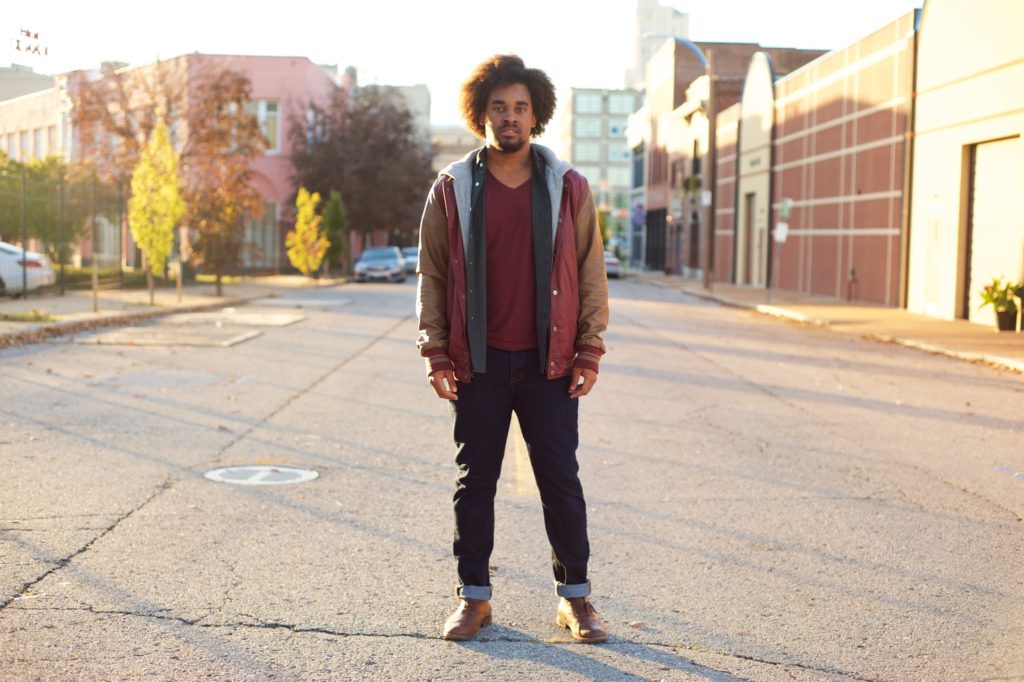
David Dwight, photos by Lindy Drew
I was originally pre-med and also majoring in Biomedical Engineering. I knew I wanted to do something around social systems and trying to make an impact, but I was still figuring out what that impact would be. Being a doctor is great and you can have that personal impact and relationship, helping people with health issues, but I realized I wanted to have a different kind of impact with my life. Eventually, I dropped pre-med and continued with Biomedical Engineering. Even then, it was so dissonant for me because Biomedical Engineering was supposed to be about improving the human condition, addressing some of the most urgent medical needs globally as well as here in the U.S., and creating those new technologies that can address those needs. But, it seemed so disconnected from the disparities and experiences of people of color on campus, of me through my life, and of all the communities that we’re helping across the world, especially in developing countries.
I graduated and got through the program, but I invested so much more time in other extracurriculars and with St. Louis Students in Solidarity than I really did in my major because I felt that big tug like I was ignoring the human side of it or those cultural and systems factors that are so important. If you’re going to be creating new medical technologies to address some of the most urgent problems, you need to be able to understand how cultural factors interplay, how systems affect the way things work, and how certain people – because of class, race, gender – don’t have access to that new, shiny technology. Or, realizing the way you’re studying engineering, or medicine in general, can be really biased by the ways you’ve grown up and the culture you’ve experienced.
Finally, senior year, one of the last classes I took through engineering started to talk about that and take more of an interdisciplinary approach. But by then it was too late. I was out the door. Because of that class, because of a great professor that I had, Kurt Thoroughman, I became interested in the ways engineering could play a role in a lot of these issues, and how engineering schools can better prepare their students to have that lens that you get more from classes in the humanities or social sciences to understand the systems that we live in, how that affects the impact of medical technology, or even what research questions you’re asking. That critical way of thinking about systems has given me a unique perspective that complements the engineering way of approaching problems. That’s how I came to this work, and I really have appreciated that.
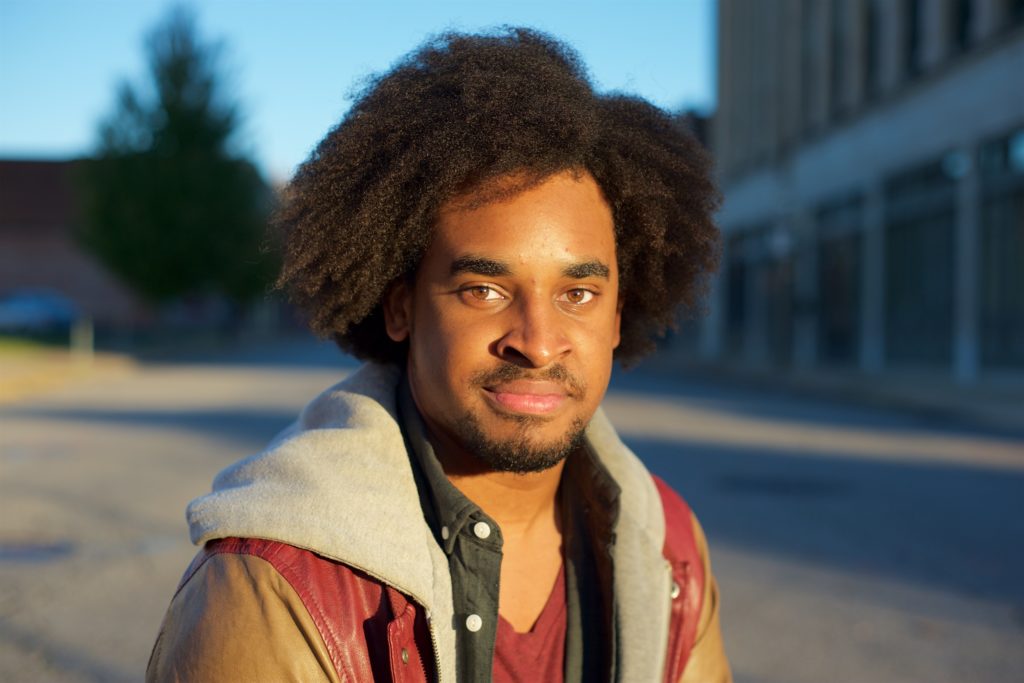 Across that summer and fall that I worked with the Ferguson Commission, the work felt very tangible. There are nebulous, systemic, institutional problems that are built into our policies, practices, behaviors, and the landscape. So, it leaves a lot of people not knowing what to do. They realize that there are problems that need to be addressed. It’s a travesty that disparities and inequities exist, but then, what do you tactically do with that? Some of the people I met along the way were incredibly committed, gracious, human, and ready to sit in the discomfort of not having a blueprint for how we change these things because nothing like this has ever been done. These problems have been stewing and growing and shifting for 300 years if not more in this country. So, that openness to having your core principles that you build your work out of – but, then understanding that you’re going to have to constantly adapt to new inputs – was stressful, but also incredibly refreshing. That led me to want to continue on with Forward through Ferguson. And even as we’re holding ourselves accountable to high standards, we need to understand things won’t be perfect. The Commission wasn’t perfect, but it’s openness allowed it to grow, shift, and improve.
Across that summer and fall that I worked with the Ferguson Commission, the work felt very tangible. There are nebulous, systemic, institutional problems that are built into our policies, practices, behaviors, and the landscape. So, it leaves a lot of people not knowing what to do. They realize that there are problems that need to be addressed. It’s a travesty that disparities and inequities exist, but then, what do you tactically do with that? Some of the people I met along the way were incredibly committed, gracious, human, and ready to sit in the discomfort of not having a blueprint for how we change these things because nothing like this has ever been done. These problems have been stewing and growing and shifting for 300 years if not more in this country. So, that openness to having your core principles that you build your work out of – but, then understanding that you’re going to have to constantly adapt to new inputs – was stressful, but also incredibly refreshing. That led me to want to continue on with Forward through Ferguson. And even as we’re holding ourselves accountable to high standards, we need to understand things won’t be perfect. The Commission wasn’t perfect, but it’s openness allowed it to grow, shift, and improve.
The idea of naming a space for people that have historically been denied space – who daily, as they go through their lives, are held back and silenced – and the act of taking a space that is normally used to disempower them and reclaiming it turning it into something much more progressive and dynamic, can be beautiful and very powerful. That’s something I learned on campus as we did St. Louis Students in Solidarity. We made space to protest, emote, and just be with other people. I remember the time we did a die-in in the Danforth University Center. It was covered by national media, and pictures ended up in a bunch of places. One student gave a personal speech on these huge, two-story staircases. It was meant to be silent, with people laid out across the floor, and yet so many other students just walked over them and continued talking or laughing.
After it was over, we had a debriefing space, and people were crying, deeply affected by some of the White students on campus who weren’t even willing to observe or, at least, show respect for the action. Having space can be incredibly important and empowering for people, which is why taking a street in the name of your own humanity and recognizing the history of exclusion and oppression can be so powerful. It’s why protesting is an enshrined right that’s been used for centuries. The importance of space is interesting. And one of the things the Commission was able to do was create a public space to examine these issues.
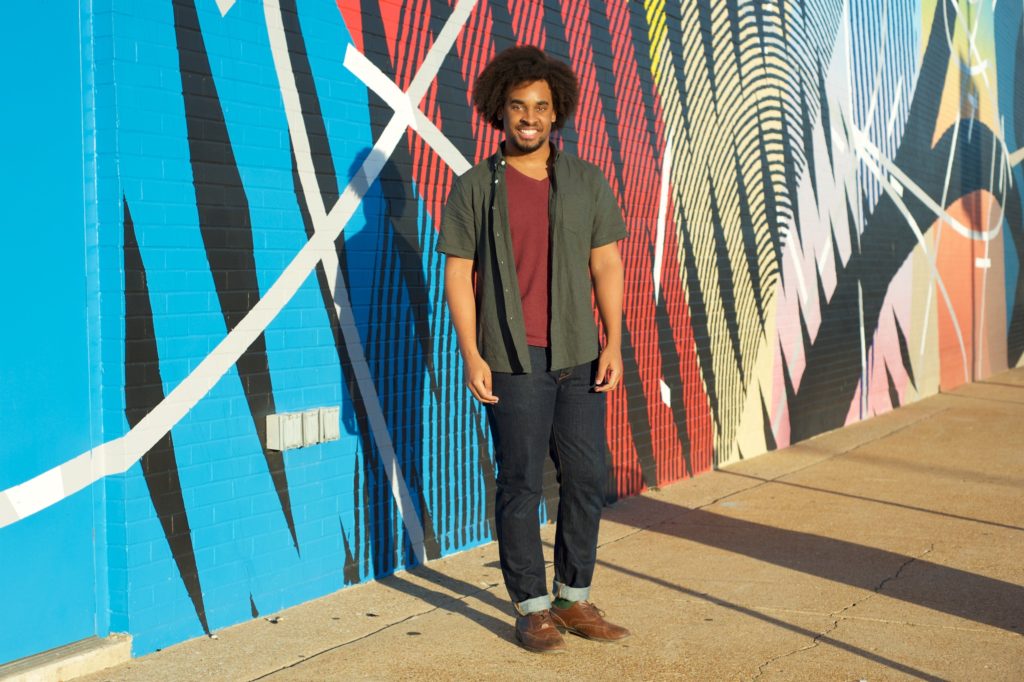 Some of the frustration is how deep it all is and how deep these problems go. For example, if this is a well, you keep thinking that you’ve gotten to the bottom of it. You’ve been studying these things for however long, you’ve been through however many meetings where people who lead institutions said problematic things that were status quo and not at all forward-thinking or moving, or you’ve heard every disparity in the book, and then another one comes and hits you, like, “Wow. It goes deeper. There’s another 100 feet that you have to travel down.” Sometimes, being able to surface from that is hard. Facing the reality of how complex the issues are is frustrating. Working at an organization that embraces the complexity of doing all this work, of not always having a clear pathway, is also fundamentally difficult. It’s difficult for people to enter the work because how do you even get your head around the enormity of it? Like, “That’s what you do for your day job?” It’s not the fault of anyone within the organization or the board. It’s inherent to the work. Just being in that environment as an employee and defining what it then means to do “the work” is definitely something that’s been frustrating, but also a growing experience that I’ve been very thankful for.
Some of the frustration is how deep it all is and how deep these problems go. For example, if this is a well, you keep thinking that you’ve gotten to the bottom of it. You’ve been studying these things for however long, you’ve been through however many meetings where people who lead institutions said problematic things that were status quo and not at all forward-thinking or moving, or you’ve heard every disparity in the book, and then another one comes and hits you, like, “Wow. It goes deeper. There’s another 100 feet that you have to travel down.” Sometimes, being able to surface from that is hard. Facing the reality of how complex the issues are is frustrating. Working at an organization that embraces the complexity of doing all this work, of not always having a clear pathway, is also fundamentally difficult. It’s difficult for people to enter the work because how do you even get your head around the enormity of it? Like, “That’s what you do for your day job?” It’s not the fault of anyone within the organization or the board. It’s inherent to the work. Just being in that environment as an employee and defining what it then means to do “the work” is definitely something that’s been frustrating, but also a growing experience that I’ve been very thankful for.
You’ve heard every disparity in the book, and then another one comes and hits you, like, “Wow. It goes deeper. There’s another 100 feet that you have to travel down.”
Only recently have my parents not been like, “So, David, you’re going to get that industry engineering job, right?” As they’ve learned more about my role, it’s actually given me a few good opportunities to talk with my dad more about his experiences, because he was born in 1954, the year of Brown v. Board, and segregation wasn’t finally made illegal until the Civil Rights Act in the mid-60s. Even after that, it took decades to remove many aspects of segregation, and we’re still living with parts of it today. But, he grew up in a time when that was his childhood experience. It’s been interesting to get his perspective and hear how he compares when he was a teenager to what he’s experiencing and seeing in the news now. I was at a conference speaking and I felt confident saying, “This is the new Civil Rights Movement” because it was about a week after I’d had a conversation with my dad where I was asking, “What does this feel like for you having been in both time periods?” He said, “It feels incredibly similar.” That really hit me. You hear so much about inter-generational differences of approach and tactics, especially with the protest movement, but it’s still that same fundamental struggle.
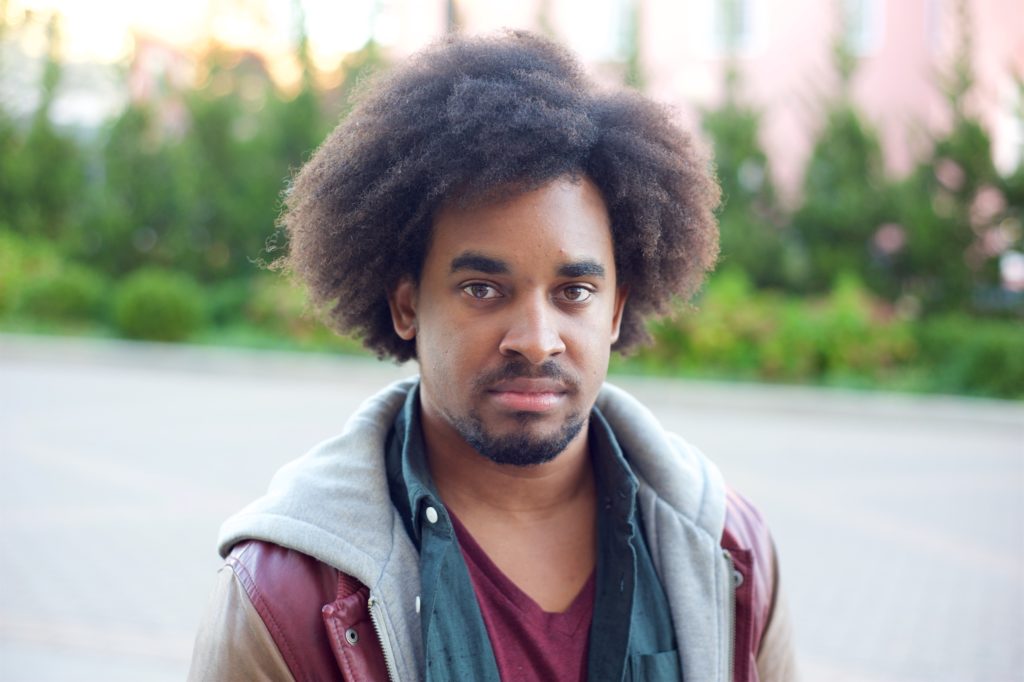 You know when there is an issue and you want to do something to fix it, but you just don’t have the experience or the support network? That’s why it’s exciting to have seen shifts already in the time that Forward Through Ferguson has existed. To have been a part of the ecosystem of many people and organizations that are pushing this forward to start to define what it looks like to change systems, practices, and policies has been energizing. Once the Commission’s report came out, there was that initial expectation that, “Okay, in a year, if we don’t have 20 new policies at the state level, if we don’t have 30 new programs started downtown…” People were looking for quick measures of success. So, it’s been rewarding to define and to better understand what it really looks like to move forward and to move towards a more equitable St. Louis, to understand the challenges of shifting systems, and to see examples of that shift.
You know when there is an issue and you want to do something to fix it, but you just don’t have the experience or the support network? That’s why it’s exciting to have seen shifts already in the time that Forward Through Ferguson has existed. To have been a part of the ecosystem of many people and organizations that are pushing this forward to start to define what it looks like to change systems, practices, and policies has been energizing. Once the Commission’s report came out, there was that initial expectation that, “Okay, in a year, if we don’t have 20 new policies at the state level, if we don’t have 30 new programs started downtown…” People were looking for quick measures of success. So, it’s been rewarding to define and to better understand what it really looks like to move forward and to move towards a more equitable St. Louis, to understand the challenges of shifting systems, and to see examples of that shift.
It’s not stuff that’s been done before. We’re not in a racially equitable St. Louis, so there’s no guidebook we can look back in to find it.
For instance, over 200 city employees have been through Racial Equity trainings already and they’re considering instituting it in the Board of Aldermen. There are also several advocacy initiatives that are growing, like the school suspension reform campaign, and organizations like U.S. Bank CDC and City Garden Montessori School trying to build institutional capacity to continually work towards Racial Equity. There are organizations we’re working with that have adopted Racial Equity as part of their mission or trying to figure out, “What does it look like to be at a corporation and be racially equitable? What does it look like to be at a hospital and be racially equitable?” Because although there are these central ideas and a path that we’re working to define now, and create toolkits for, it’s not stuff that’s been done before. We’re not in a racially equitable St. Louis, so there’s no guidebook we can look back in to find it. I’m excited that tools are starting to be built, that more and more people are seeing the value of applying a Racial Equity lens, and people are thinking about equity vs. equality.
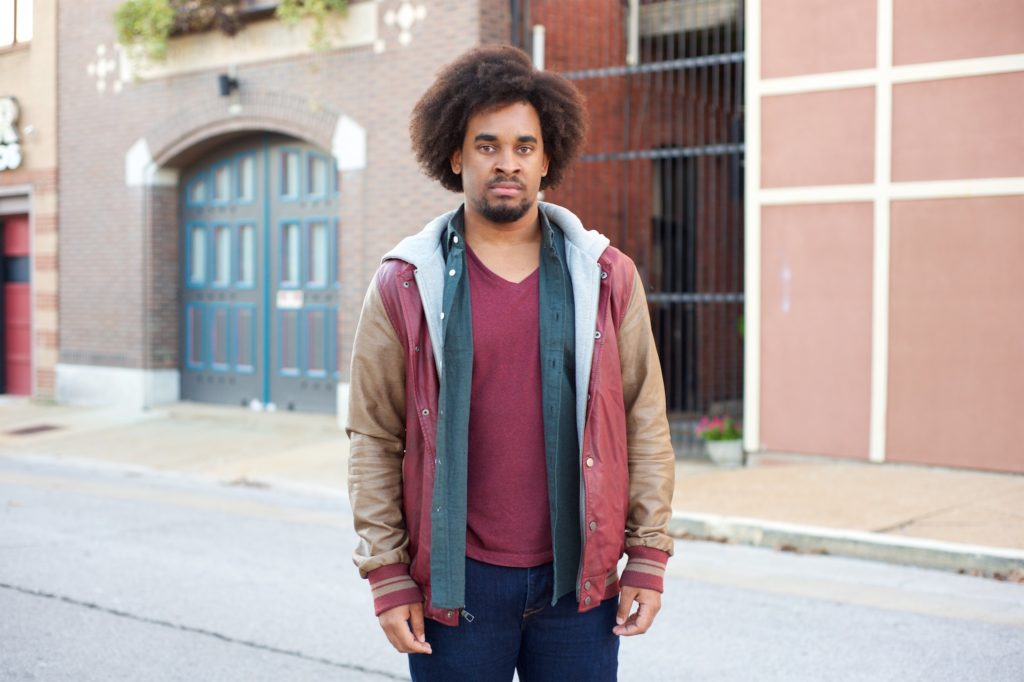 We have the Forward Through Ferguson definition, and there are a few other definitions, locally and nationally, of what equity means, but it’s hard to define something that you don’t have a frame for. We, in the U.S., don’t really grow up thinking about equity. We feel like we reflexively know a lot about equality, or diversity, or inclusion, but equity can seem so foreign. The key thing is that equity, unlike equality, brings in this idea of justice, of not just giving everybody equal resources or access, but it challenges us to dig deeper and think about what is just, or what is fair. That means taking into account historical implications and current outcomes. It’s so much more profound than equality. I have almost completely removed the word equality from the way I talk. I will almost never use equality in my everyday language because it’s not my goal anymore. I remember starting to work with Forward Through Ferguson and there was definitely a moment where the former commissioners serving on the interim board expressed, “It’s great that you all are looking at these different priority areas and people that are implementing in the various spaces, but Forward Through Ferguson needs to own this Racial Equity piece and put that at the core.” For me, that was difficult to reconcile. I’ve since realized that that’s the North Star of it all.
We have the Forward Through Ferguson definition, and there are a few other definitions, locally and nationally, of what equity means, but it’s hard to define something that you don’t have a frame for. We, in the U.S., don’t really grow up thinking about equity. We feel like we reflexively know a lot about equality, or diversity, or inclusion, but equity can seem so foreign. The key thing is that equity, unlike equality, brings in this idea of justice, of not just giving everybody equal resources or access, but it challenges us to dig deeper and think about what is just, or what is fair. That means taking into account historical implications and current outcomes. It’s so much more profound than equality. I have almost completely removed the word equality from the way I talk. I will almost never use equality in my everyday language because it’s not my goal anymore. I remember starting to work with Forward Through Ferguson and there was definitely a moment where the former commissioners serving on the interim board expressed, “It’s great that you all are looking at these different priority areas and people that are implementing in the various spaces, but Forward Through Ferguson needs to own this Racial Equity piece and put that at the core.” For me, that was difficult to reconcile. I’ve since realized that that’s the North Star of it all.
The question equity raises is, “Do we give everyone the same thing or realize that because of our history, policy, biases, and culture, we have to invest in giving everyone the best opportunity to lead happy, healthy, and fulfilled lives?”
You might think of same-sex marriage, for example, being a big win for equality, which makes sense – equal access under the law to the institution of marriage and all that comes with that in terms of government benefits. “Oh, equality. We got it!” And that’s not an argument against it. However, we talk about equality, diversity, and inclusion as tools on the way to equity. If you look deeper, does having access to marriage really address the different needs that LGBTQ communities have versus straight communities? Does it really address the various health disparities that exist? Or high rates of suicide and youth homelessness? Or feelings of inclusion and how that affects people’s psychology and stress in their lives? The question equity raises is, “Do we give everyone the same thing or realize that because of our history, policy, biases, and culture, we have to invest in giving everyone the best opportunity to lead happy, healthy, and fulfilled lives?”
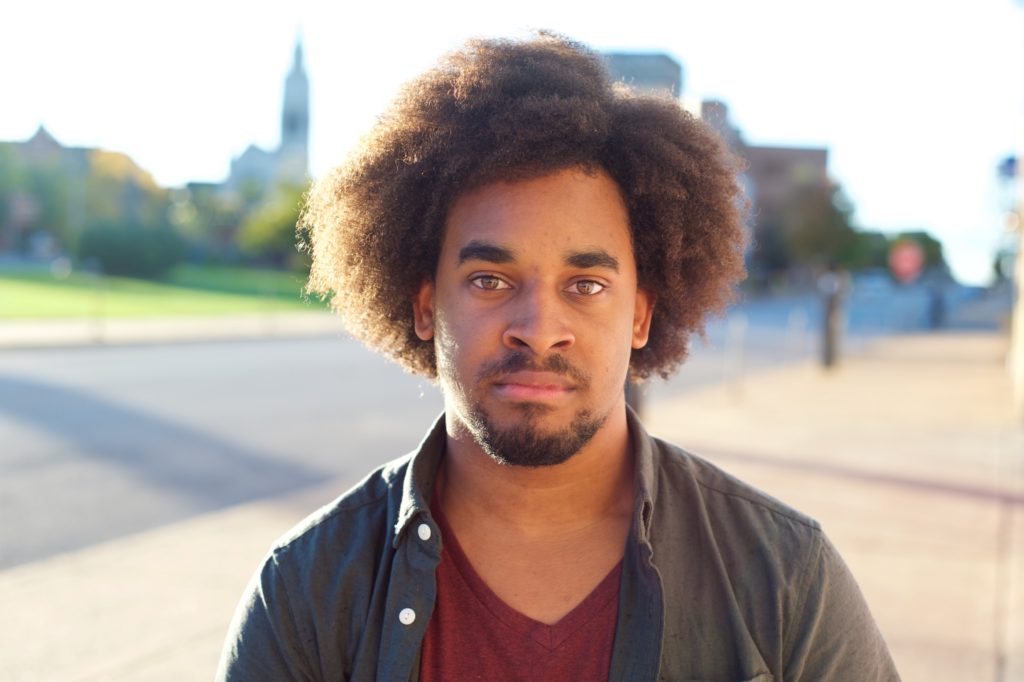 There have definitely been moments in the past few years where it’s just been a lot. When the final decision came about Tamir Rice and the police officers not getting any sort of charges, I just started crying. There have been so many cases we’ve heard about where there aren’t charges. Each one seems more egregious and outrageous than the next and there’s still nothing. You’ve built a shield for yourself so you can deal better with it the next time, but it makes it so difficult to go about your life. Like, those weeks where it just felt like it’s piling on when Philando Castile and Alton Sterling and everything else that happened – it was just hard to get up and go to work. Working on these things in my life or in my daily routine is a little bit of survival. I couldn’t imagine not doing something that’s related to these issues. Through my personal experience and through everything I’ve learned about systems of oppression, it just started to click. When you get that knowledge of something you couldn’t really put words to but you know exists, and then you develop that frame for understanding it – I don’t see how I could do something else and have it not be related in some way. I can see why some Black people or people of color just want to be able to live a life that’s not defined by this. I see that, but it’s also our pressing reality.
There have definitely been moments in the past few years where it’s just been a lot. When the final decision came about Tamir Rice and the police officers not getting any sort of charges, I just started crying. There have been so many cases we’ve heard about where there aren’t charges. Each one seems more egregious and outrageous than the next and there’s still nothing. You’ve built a shield for yourself so you can deal better with it the next time, but it makes it so difficult to go about your life. Like, those weeks where it just felt like it’s piling on when Philando Castile and Alton Sterling and everything else that happened – it was just hard to get up and go to work. Working on these things in my life or in my daily routine is a little bit of survival. I couldn’t imagine not doing something that’s related to these issues. Through my personal experience and through everything I’ve learned about systems of oppression, it just started to click. When you get that knowledge of something you couldn’t really put words to but you know exists, and then you develop that frame for understanding it – I don’t see how I could do something else and have it not be related in some way. I can see why some Black people or people of color just want to be able to live a life that’s not defined by this. I see that, but it’s also our pressing reality.
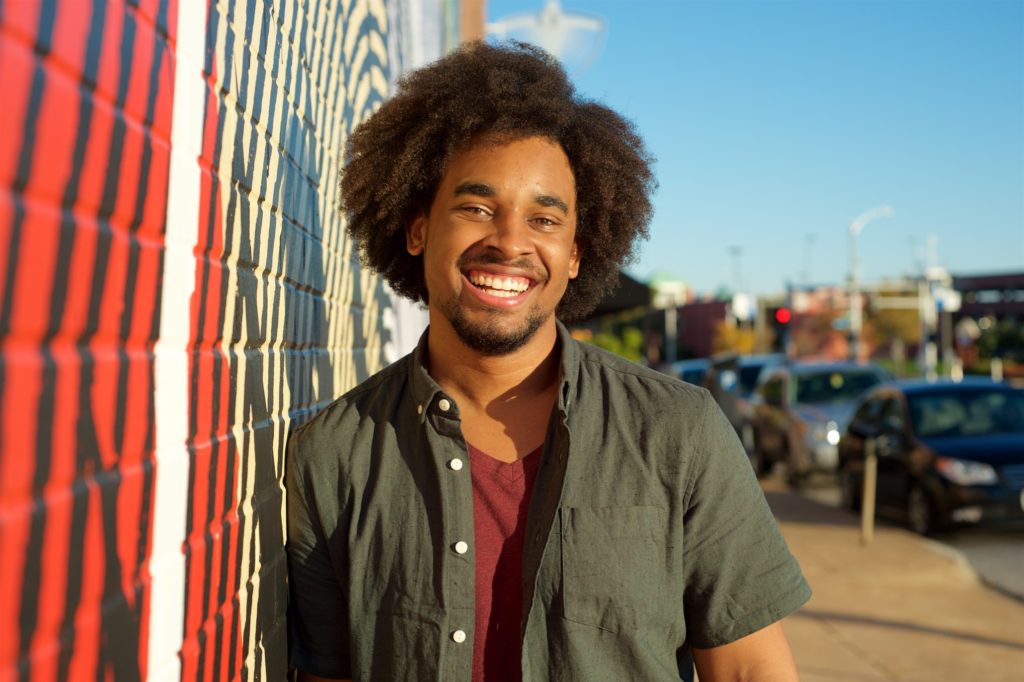 The biggest need I see in this work is for vulnerability and humility; for people to be able to let go of a status quo that might feel comfortable or incredibly personal because that’s the St. Louis that you knew or you grew up with. It’s tied in with our ideas of family and of place, and of who you are as a person — your general conception of yourself. The ability to be vulnerable and humble in the way we encounter other people is important, as is human capacity to do this work and the number of people that get it or are plugged in and want to take it to their space. Change advocates across the region are hugely important because we don’t necessarily need to build up more resources at Forward Through Ferguson. What we really need are change agents at that commercial law office or change agents who are working at that major hospital to be able to take the understanding, knowledge, and tools and infuse them into their sphere of influence. A change agent has an awareness of their power in the good ways and the bad ways, an awareness of their place in the systems, policies, and history, and how they fit into the connection between the individual and the systemic. Once you have a deep understanding of that, and other principles – like radical listening and the equity lens piece – then you’re positioned to really be an effective change maker.
The biggest need I see in this work is for vulnerability and humility; for people to be able to let go of a status quo that might feel comfortable or incredibly personal because that’s the St. Louis that you knew or you grew up with. It’s tied in with our ideas of family and of place, and of who you are as a person — your general conception of yourself. The ability to be vulnerable and humble in the way we encounter other people is important, as is human capacity to do this work and the number of people that get it or are plugged in and want to take it to their space. Change advocates across the region are hugely important because we don’t necessarily need to build up more resources at Forward Through Ferguson. What we really need are change agents at that commercial law office or change agents who are working at that major hospital to be able to take the understanding, knowledge, and tools and infuse them into their sphere of influence. A change agent has an awareness of their power in the good ways and the bad ways, an awareness of their place in the systems, policies, and history, and how they fit into the connection between the individual and the systemic. Once you have a deep understanding of that, and other principles – like radical listening and the equity lens piece – then you’re positioned to really be an effective change maker.
-David Dwight, Catalyst for Forward Through Ferguson
